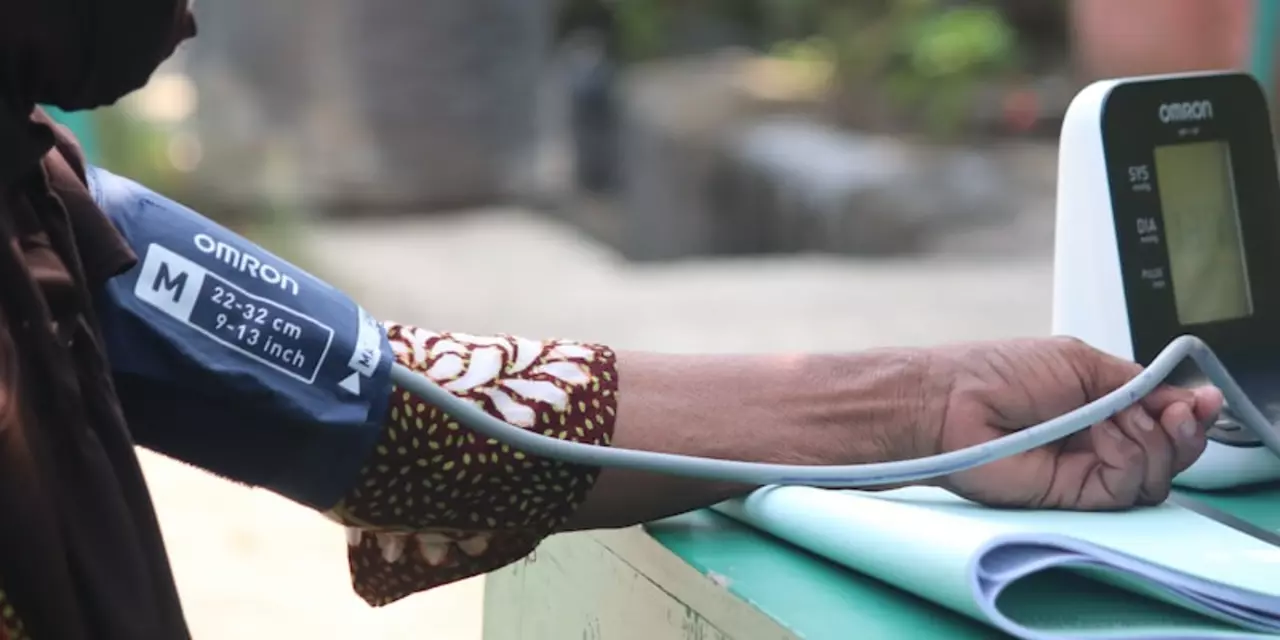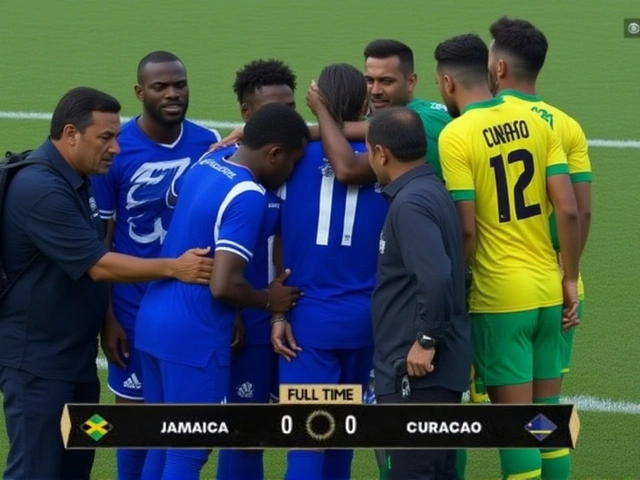Blood in Aberdeen Football – Passion, Injuries & Club History
When you hear the word “blood” with Aberdeen soccer, two things pop up fast: the fierce love fans have for the Dons and the injuries that every player fears. Both sides of the word tell a story about how the game lives, hurts, and heals in the North East.
Why Blood Means Passion for the Dons
Aberdeen fans don’t just watch a match; they bleed the club’s colours. From the old Pittodrie stands to the new stadium, you’ll see scarves, chants, and even a few tears – all because the team is part of daily life. That kind of devotion makes the club’s history feel like a family saga. When a striker scores a last‑minute winner, the roar feels like a pulse racing through the whole city.
That pulse isn’t just figurative. Fans often talk about “bleeding red” to describe the dedication of players who give everything on the pitch. It’s a way of saying the club’s heart beats in every tackle, every sprint, and every goal celebration.
Blood on the Pitch – Injuries and Recovery
Professional soccer is a high‑speed, high‑impact sport. Cuts, bruises, and more serious injuries are part of the game. A hard tackle can leave a player with a split lip, a broken nose, or a torn muscle – all moments where blood literally hits the turf.
In Aberdeen’s history, several key injuries changed a season’s direction. When a star midfielder went down with a hamstring tear, the team had to adapt quickly, bringing in a youth player who later became a regular starter. Those moments show how clubs turn setbacks into opportunities.
Modern medical staff at Aberdeen use physiotherapy, ice baths, and tailored rehab plans to get players back faster. Knowing the signs of a serious injury – sudden swelling, uncontrollable pain, or heavy bleeding – helps the medical team act fast and keep the squad healthy.
For fans, understanding injury basics can make watching a match more insightful. When a player limps off, you’ll know whether it’s a simple knock or something that could sideline them for weeks. That knowledge adds a layer of respect for the physical toll the sport takes.
Beyond the field, the club runs community programs that teach kids safe playing techniques, aiming to reduce injuries at the grassroots level. Teaching proper tackling and warm‑up routines helps keep young players from unnecessary bloodshed while still keeping the game exciting.
In short, “blood” in Aberdeen football isn’t just about drama; it’s a mix of deep loyalty and the reality of a contact sport. Whether you’re a lifelong supporter or a new fan, recognizing both sides gives you a fuller picture of what makes the Dons tick.
So next time you hear the crowd chanting or see a player rush off with a bandage, remember: the blood you see is part of a bigger story – one of passion, resilience, and the never‑ending love for Aberdeen soccer.





